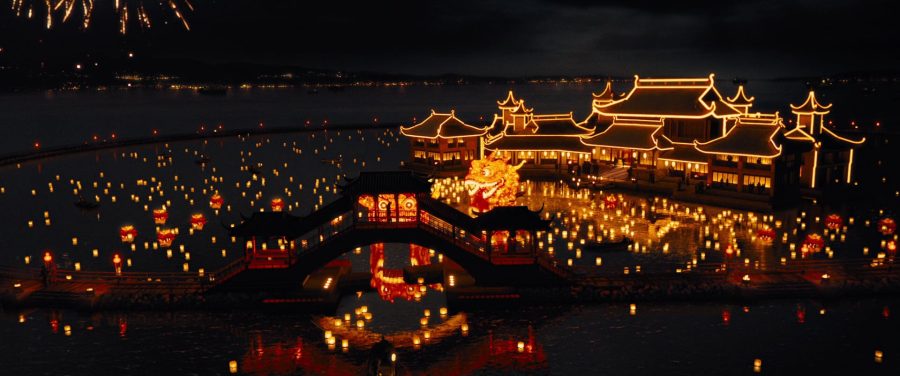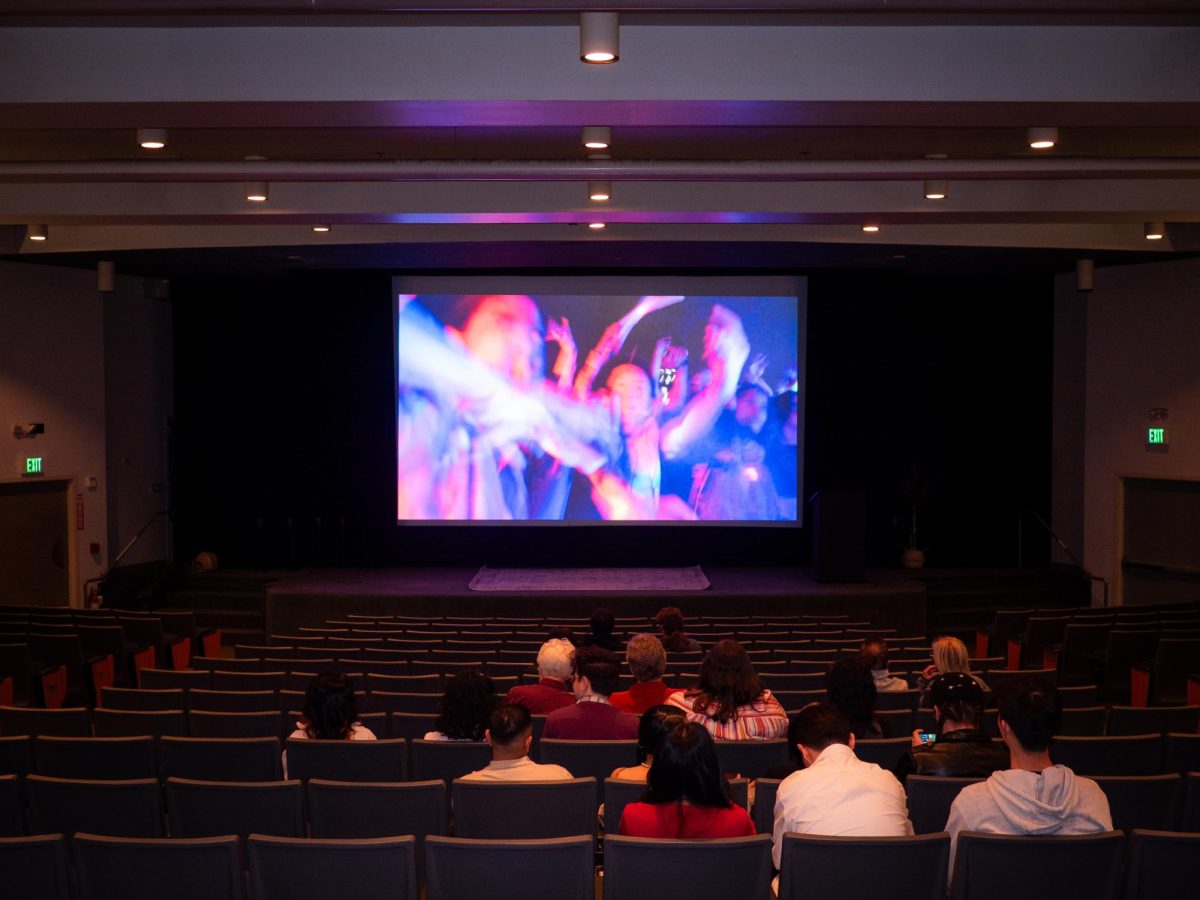Films have the power to inspire, excite and move an audience. But without the near certainty of being lucrative, a screenplay wouldn’t make it past the door of a Hollywood executive. All of Hollywood’s recent blockbusters were crafted from start to finish with one goal in mind: to generate the highest return on investment. So if you are ever puzzled by the otherwise inexplicable trends of major blockbusters, simply follow the money. One of these trends is the increased incorporation of China as a setting, whether primary or minor, for Hollywood films. China has experienced rapid economic growth and its importance as an international political actor continues to grow, but Hollywood’s only interest in China is its growing film market. The expansion of the Chinese middle class, as well as an astounding increase in movie infrastructure has fueled this growth. In 2014 alone, China installed over 8,000 screens, edging its way toward surpassing the United States’ total. With a population four times the size of the United States, the Chinese market, as well as its influence on Hollywood, will continue to grow.
It is unsurprising, therefore, that Hollywood producers want to indulge in the growth of the Chinese market for films. Having their films succeed in the Chinese market could add millions to a studio’s balance sheet, so the stakes for Hollywood’s producers couldn’t be higher. This creates an incentive to add Chinese flair to a film with international box-office potential. However, American film producers face a roadblock when it comes to raking in Chinese box office renminbi: China’s own government. For the same reason that Google and Facebook are banned in China, Hollywood films do not have easy access to the Chinese market. Not only does China have a quota on the number of foreign films that it imports, which was 34 last year, it also has strict censorship policies.
Appeasing the Chinese censors may be a small creative price to pay, but the prize is too big to pass up. American filmmakers have motivation to satisfy Chinese regulators, even if that means cutting scenes or themes which might not show China in the best light. The 2012 film “Skyfall,” for example, featured a scene in which James Bond kills a Chinese security guard, and regulators could not tolerate the depiction of a Chinese citizen being killed by a foreigner. Given the censors’ eagle eyes for anything unflattering to China, studios are vigilant toward anything that could potentially be rejected for social or political reasons. And because appeasing regulators is often difficult and unpredictable, American filmmakers self-censor scenes, dialogue, images and themes they fear will jeopardize their film’s chance of receiving approval.
China’s most significant influence on Hollywood, however, comes from its domestic audience. Once a film gets past the censors and the strict quota, its main job, like any film, is to appease the audience. This, of course, involves more than a scene omission but an entire narrative makeup, one which will please both American and Chinese moviegoers. American filmmakers attempt to entice Chinese audiences by including popular Chinese locations and actors in their films. Take the 2013 film, “Gravity,” for instance: A stranded astronaut saves herself by utilizing an advanced Chinese space station and lands on Earth in a Chinese space capsule. American audiences didn’t seem to mind, and the film went on to gross $71 million in China.
As the Chinese film industry grows, so does the number of co-productions between Chinese and American studios. The great benefit of co-productions is that they allow a film to bypass the quota and enter the Chinese market. As you may have guessed, however, co-productions involve more than just sharing the cost of production. The studio behind the movie “Looper,” for example, was offered a co-production deal with China’s DMG Entertainment on the condition that a scene originally intended to take place in Paris be switched to Shanghai. And because of the financial incentives of such co-production agreements, American audiences can expect to see more and more of China’s influence, whether it be in setting, actors or theme.
While the Chinese import quota and strict censorship present a challenge to Hollywood studios, China is a growing, lucrative market that will further attract producers and filmmakers, especially as China gradually increases its import quota over time. And in this age of Hollywood’s creative coma, any bit of novelty can be appreciated, even that driven by financial incentives and strict Chinese censorship laws.














